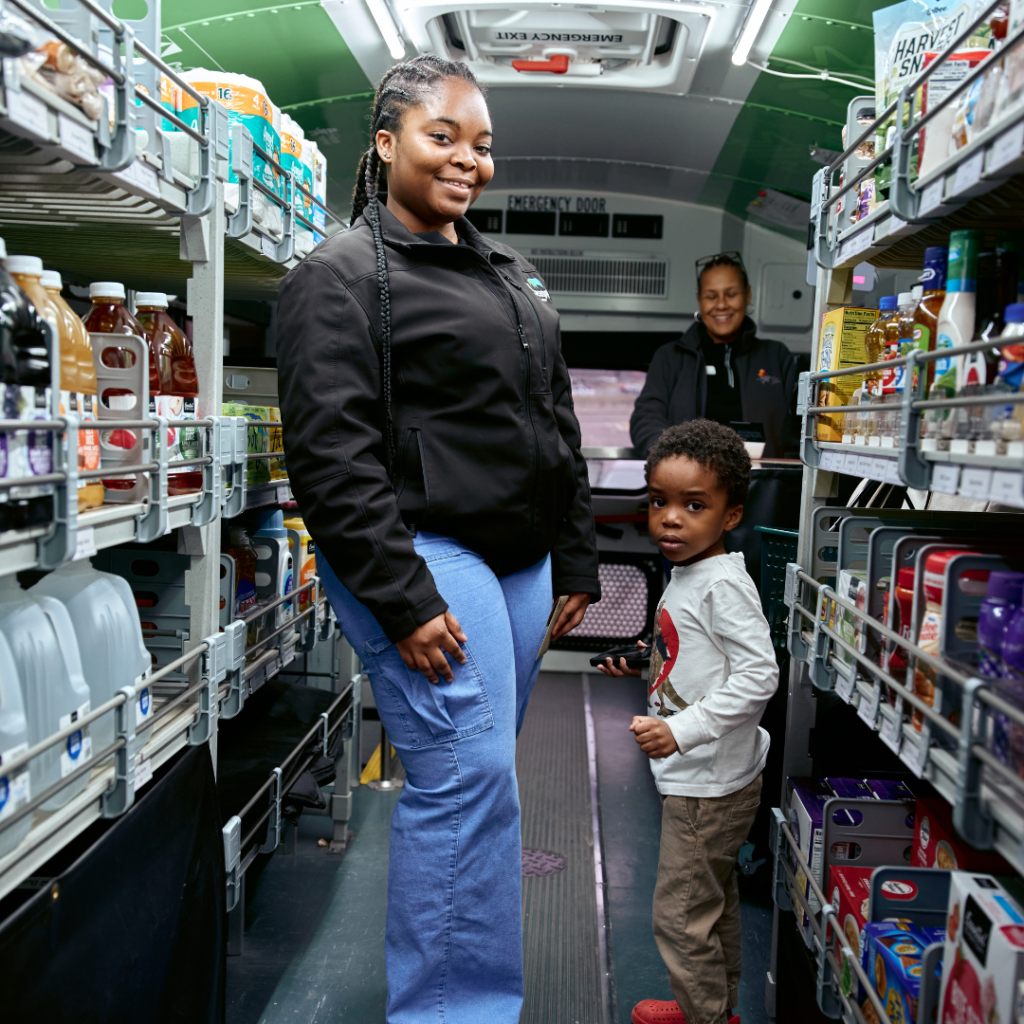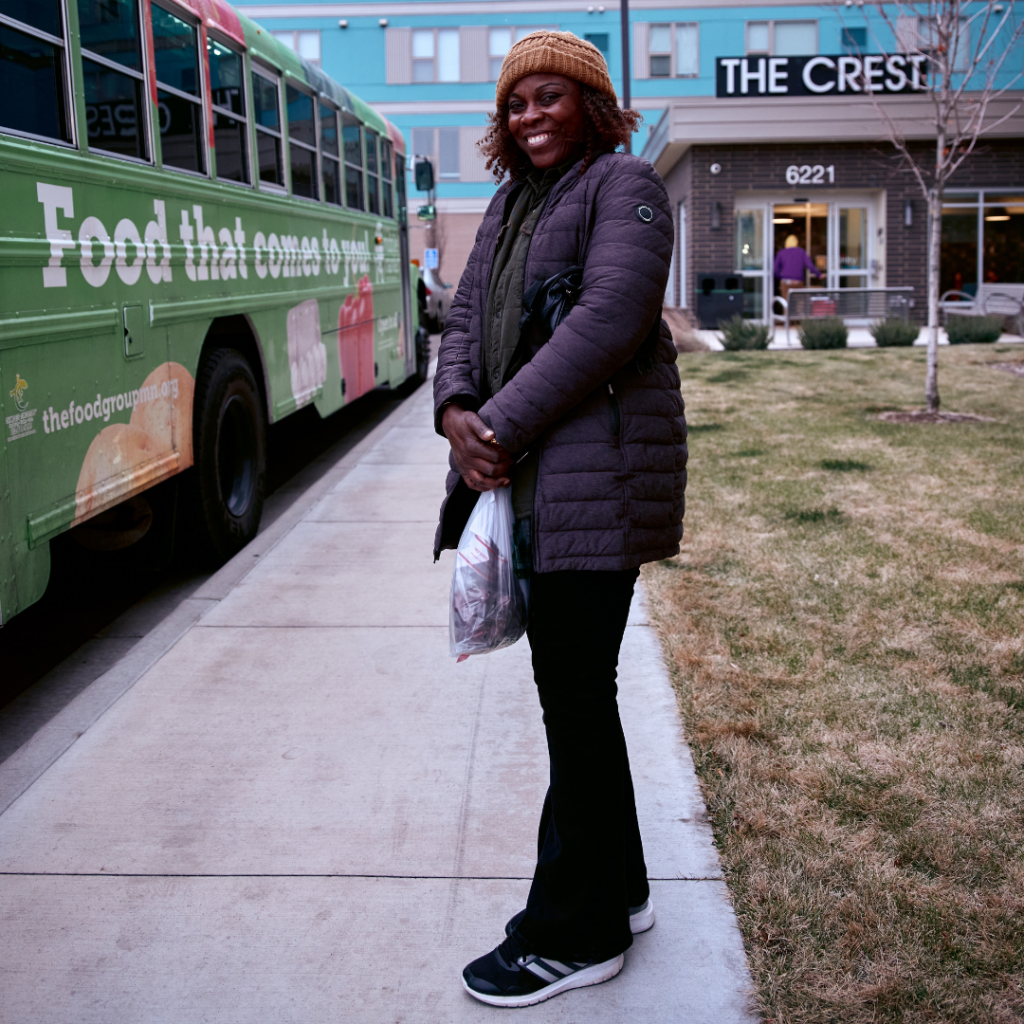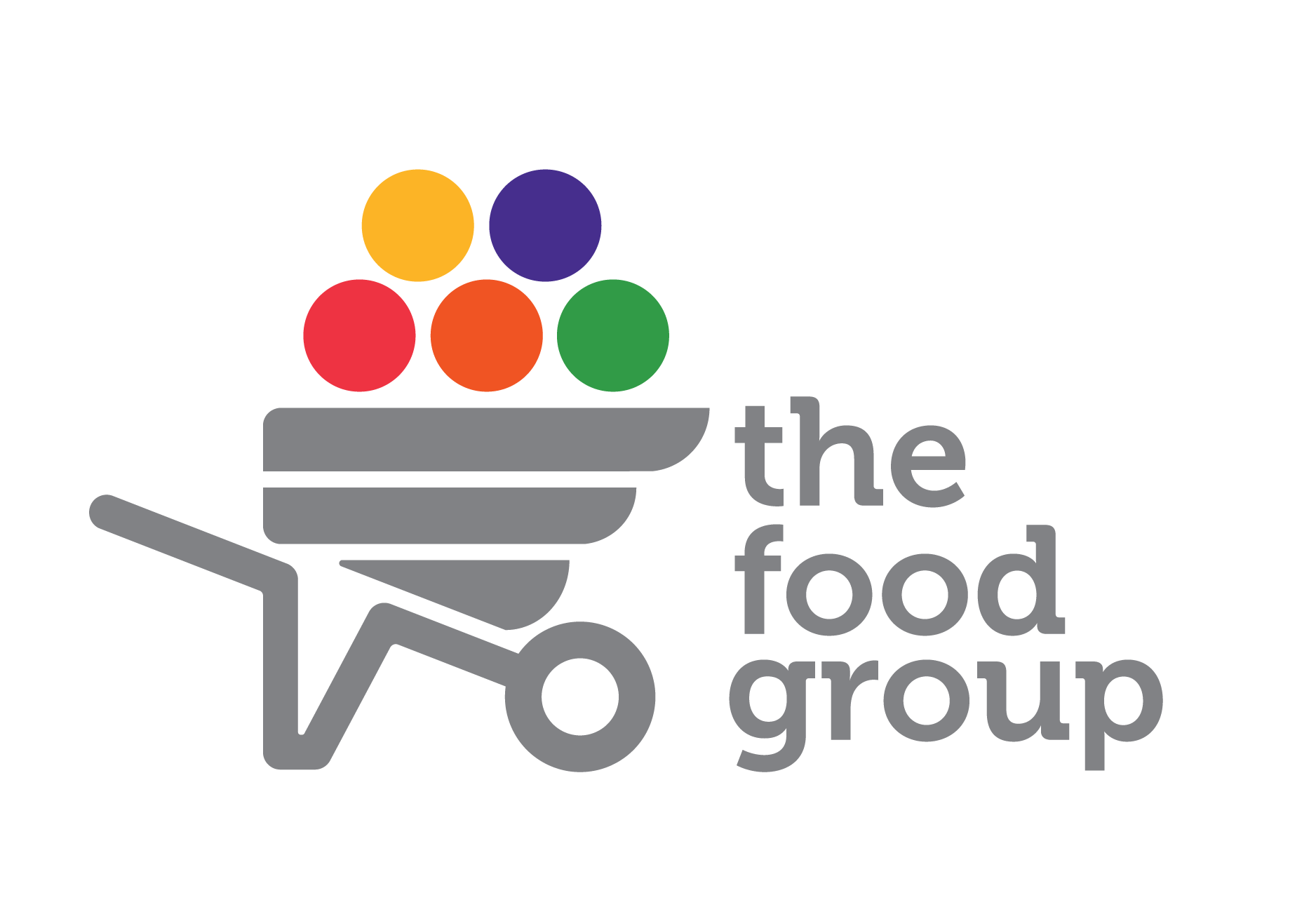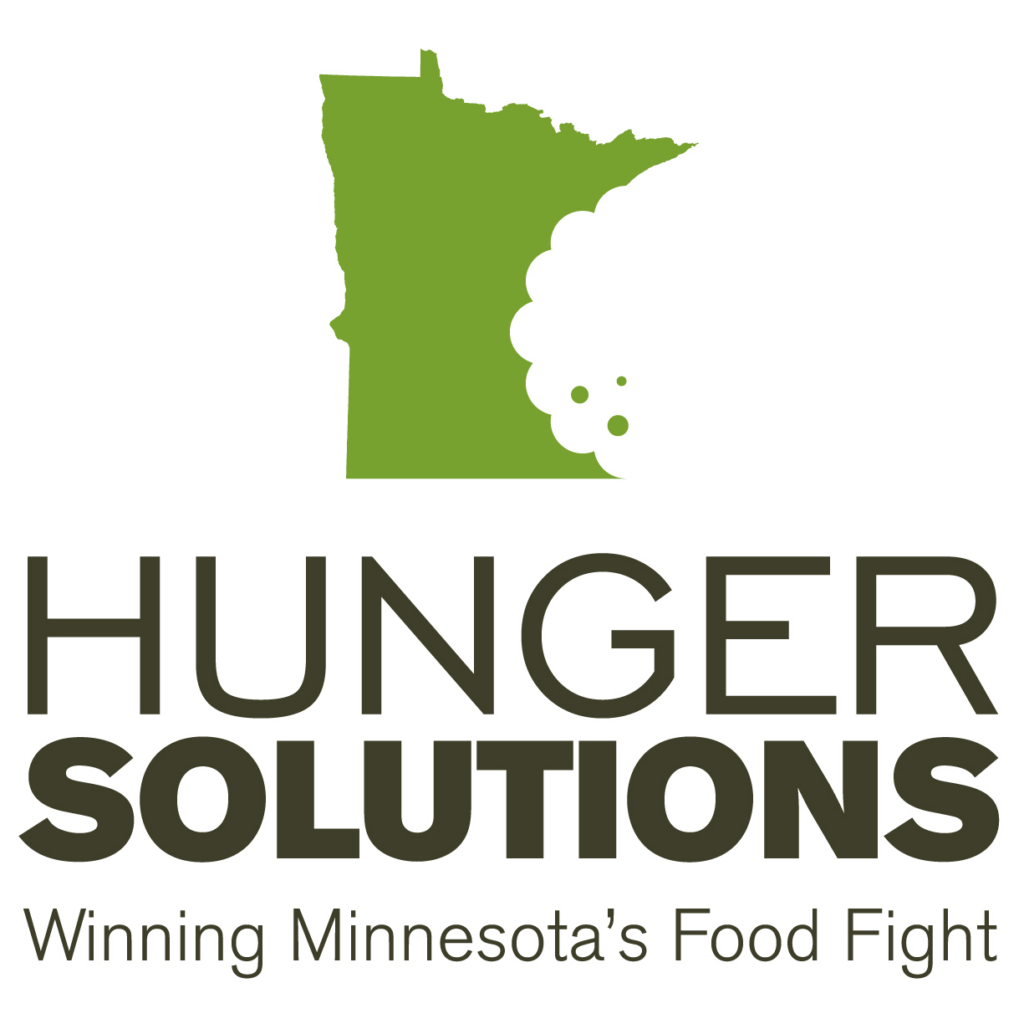
We’ve experienced firsthand over the years the important role that collaboration plays when it comes to developing food access solutions for Minnesotans, and one example of how ongoing partnerships has created change for communities in need is our Twin Cities Mobile Market program.
TCMM is The Food Group’s grocery store on wheels, bringing affordable, nutritious foods directly to neighborhoods that don’t have access to full-service supermarkets. Each year, we serve nearly 10,000 customers at more than 20 sites around St. Paul and Minneapolis, where anyone can shop for a full selection of fresh fruits, vegetables, meat, dairy, grains and other high-quality groceries. These sites were chosen through collaboration with housing and grant partners to identify neighborhoods most in need of increased food access and bring groceries right to their doors.
Take, for example, the Crest Apartments, located in Brooklyn Center near downtown Minneapolis. This building is home to many local families, with residents ranging from school-aged children and their grownups to senior citizens. It’s also our newest TCMM site and was started in partnership with the University of Minnesota as part of a program expansion for a National Institutes of Health grant. Mobile markets have been popping up all across the country as a way to expand food access for communities, but until now there hadn’t been much research done on this emerging field. This NIH grant is exploring the impact of mobile markets like TCMM on diet quality, food insecurity, and food purchases in underserved communities through research and data collection.



Aeon, a nonprofit organization that builds and maintains affordable housing units, had been a supporting partner when The Food Group first applied for NIH grant funding, and we reached out to see if they’d be interested in partnering with us on the research. Our team met alongside U of M research staff with community members at various Aeon properties to gauge interest and identify neighborhoods experiencing food access gaps. After learning that two big box retailers and several grocery stores had closed their doors in the Northside neighborhood — stores that people living in the area had relied on for groceries — The Crest Apartments was chosen as a new TCMM site.
To date, The Crest Apartments is the most diverse TCMM site in terms of age demographics, serving not just seniors but also families with small children. It has also served more people than any other TCMM site.
“Our residents are really engaged with each other,” the site leader for The Crest Apartments told us. “They remind others when the bus is here and will purchase for those that do not have enough money.”
And feedback from residents tells us that, while the U of M’s research on the impacts of mobile markets like TCMM is still in its early stages, collaborating with housing and grant partners like the NIH to identify neighborhoods in need when choosing site locations is helping to address food access issues in Minnesota.
“My favorite thing about the bus is that it comes right in front of my building,” Jamie, a resident of The Crest Apartments, told us. “And the produce is priced right, not too expensive.”
Dacarreon, another resident of The Crest Apartments, added, “It’s definitely a good program for people who don’t have a ride, don’t have cars … [and it’s] really affordable.”



You must be logged in to post a comment.